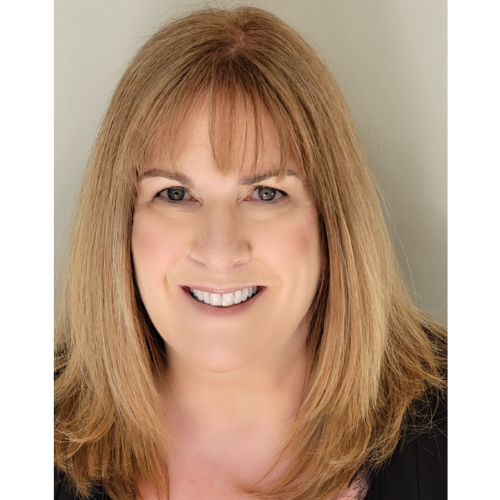
Why Our Approach to Differentiation is All Wrong
It’s accepted wisdom that differentiation is a primary goal for advisors seeking to grow their businesses.
As an industry we bemoan the ‘sea of sameness’, defined as a general inability to tell one advisory firm from another. As a result, the logic follows, prospective clients cannot tell the difference either.
The response? Most advisors focus their collective time, money and energy on things that make them different from other advisors. That may include technology, messaging, credentials or any other aspect of the business.
The problem is that such differentiation is fleeting at best. The approach is less about being different and more about being different first. When you are different first, it’s a temporary benefit, creating a never-ending, and exhausting, cycle.
But what if we’re trying to solve the wrong problem? I’d like to suggest a different view of the same goal.
Meaningful and enduring differentiation isn’t about what makes an advisor different from other advisors, but what makes a client different from other clients.
A differentiated experience is, therefore, an experience that reflects the individual expectations, preferences, needs and feelings of each client. To take that one step further, a differentiated experience is driven by personalization.
Why is this the case?
- A personalized experience reflects who we are as individuals. A generic, or a segmented, experience assumes that the expectations, preferences, needs and feelings of clients with broadly similar characteristics are the same. Not so much.
- A personalized experience ensures I feel seen and heard. It satisfies emotional needs, not just rational expectations and that creates an enduring bond.
As a result, a personalized experience may be the only enduring form of differentiation.
You don’t have to look much further than your personal relationships to prove the point. When we are dating, we aren’t looking for someone who is different from everyone else. We are looking for that one person who supports and inspires us, based on who we are and what we need. On paper those two people may look very similar.
The Path to Real Differentiation
The good news about driving toward real differentiation is that it’s not an all-or-nothing proposition. It’s an aspirational goal that starts with a core service proposition and can be enhanced from there.
To get there, evaluate the core components of the experience you are already delivering and enhance each to move along a spectrum from entirely undifferentiated to truly differentiated.

Personalization in Action
I think of the impact of moving along the spectrum like painting a room. At each stage it’s like adding another layer of paint to a wall, making the overall effect richer and more impactful.
Let’s look at a simple example - the client review process.
- Undefined experience: Wait until a client calls and then book a meeting. (If this is you, please stop reading and fix this.)
- Generic experience: Create a plan to meet with all clients twice a year and automate the process to trigger an alert within the CRM. Share a standard agenda in advance.
- Segmented experience: Structure a plan with meeting goals defined by the age of the client. Share a segmented agenda highlighting topics that are most relevant based on age.
- Personalized experience: Invite input on meeting frequency and trigger alerts to reflect preferences. Invite clients to share their feelings, concerns and needs in advance of a review meeting and automatically feed that into the agenda to focus each conversation on what is most important.
Simply stated, a generic experience is about defining what you offer to clients and a personalized experience is about co-creating the experience.
This isn’t to suggest that we can’t enhance and improve the experience at every stage without personalization. A niche focus, strong technology, the right team, a good culture and deeper expertise will make any experience better at every stage. Such enhancements are improvements but aren’t necessarily forms of differentiation.
Heading into 2024 you have a choice. You can focus on things that make you different from other advisors, if only for a brief period of time, or you can focus on the things that make clients different and begin to personalize the experience.
Thanks for stopping by,
Julie
P.S. Are you holding a leadership/company retreat or provide advisor training through presentations/workshops?
One of our goals in 2024 is to help advisory firms and advisors move the needle on enduring differentiation. We do that, of course, through the Engagement Engine but have also created two new workshops.
- Rethinking Differentiation for Leadership Teams
- Rethinking Differentiation for Advisors
If you'd like to learn more reach out to questions@absoluteengagement.com





